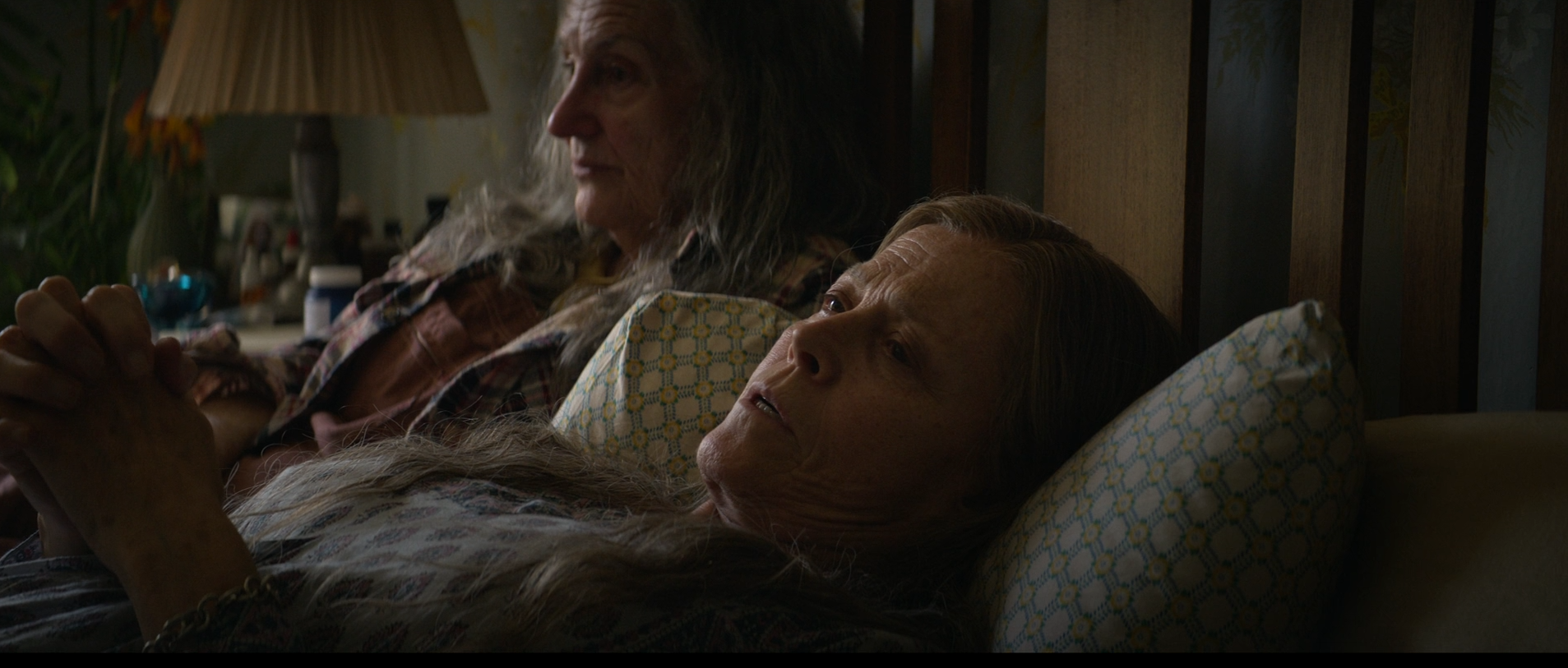The episode opens with a glimpse into Alice’s aspirations, painting a picture of hope and new beginnings. However, Dylan’s sudden change in demeanor shatters this illusion, leaving Alice isolated and vulnerable. The contrast between their initial optimism and the ensuing turmoil is palpable, setting the stage for a gripping narrative. June’s deteriorating health adds another layer of complexity, revealing her own painful history. The revelation of her assault further underscores the deep-seated trauma that haunts the characters. Candy’s unwavering support for June showcases the enduring bonds within the Thornfield Flowers family.

The series masterfully navigates the intricacies of trauma and its ripple effects across generations. The echoes of Alice’s childhood resonate, highlighting the cyclical nature of abuse and its profound impact on her choices. This exploration of generational trauma adds a layer of depth to the narrative, inviting viewers to confront the complexities of healing and resilience. As Alice grapples with the ghosts of her past, her resilience shines through. The episode culminates in a visceral climax, as Alice confronts the toxic dynamics with Dylan. The raw intensity of this pivotal moment is a testament to Alycia Debnam-Carey’s exceptional portrayal of Alice’s strength and vulnerability.

The closing moments leave viewers on a cliffhanger, with Alice’s scream echoing in the night. Twig’s cryptic audio message further heightens the suspense, leaving us eagerly anticipating the series’ conclusion. Episode 6 is a masterclass in building tension and emotional stakes, showcasing the series’ ability to navigate dark and complex themes. The penultimate episode, ‘The Lost Flowers of Alice Hart’ delivers a tour de force of storytelling and character development. The exceptional performances, particularly by Alycia Debnam-Carey, elevate the episode to a riveting crescendo. As the series hurtles towards its conclusion, the stage is set for a climactic finale that promises to leave a lasting impression.




